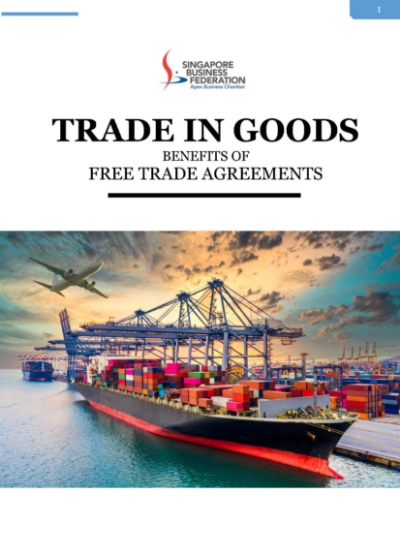The EUSDP was signed by Singapore's Minister-in-charge of Trade Relations S. Iswaran and Mr Thierry Breton, European Commissioner for the Internal Market.
The signing follows the announcement late in 2022 that negotiations on the agreement had largely been completed.
Mr Iswaran said: “The EUSDP strengthens connectivity and interoperability between the digital markets of the EU and Singapore.”
As a first step towards a bilateral digital trade agreement, a set of Digital Trade Principles was also agreed upon on Wednesday.
These are designed to provide a common framework for digital strategies, which will, in turn, contribute to the ongoing global discussions on establishing rules regarding electronic commerce.
The yet-to-be-signed digital trade agreement will facilitate cross-border data flows, enable cost savings via the use of electronic trade documentation and authentication, and ensure that consumers enjoy greater online consumer protection when purchasing goods and services online.
Mr Iswaran, in a video call with the Singapore media from Brussels, said: “There is a clear desire on the part of all parties to commence the negotiations... as early as possible this year.”
Singapore and the EU are already major trading partners. Their EU-Singapore Free Trade Agreement entered into force in November 2019.
MTI said the EU is Singapore's fourth-largest goods trade partner globally. In 2021, bilateral trade in goods was $102 billion, representing 8.8 per cent of Singapore's total goods trade.
The EU is also Singapore's second-largest services trade partner globally, with bilateral trade in services exceeding $67 billion, and Singapore's second-largest foreign investor.
Digital economy and partnership agreements are Singapore's way of building on its extensive network of free trade agreements and digital cooperation initiatives. They also complement the nation's role at the World Trade Organisation as co-convener, together with Australia and Japan, of the Joint Statement Initiative on e-commerce.








